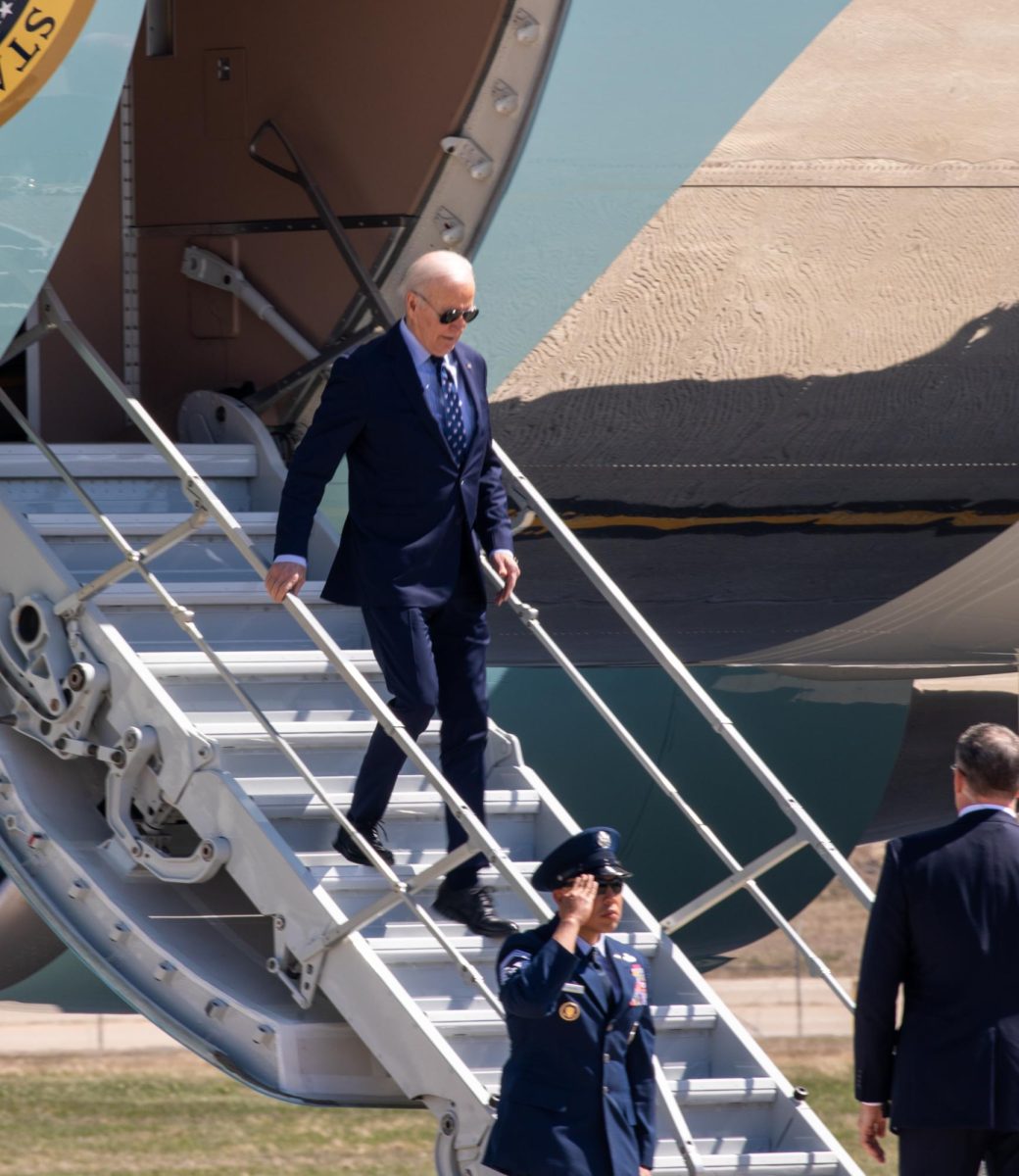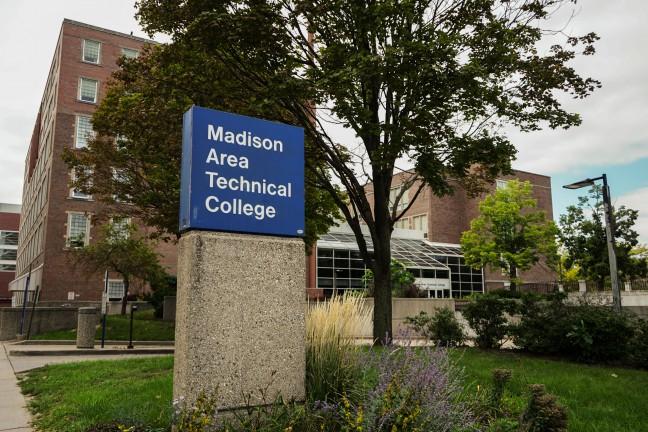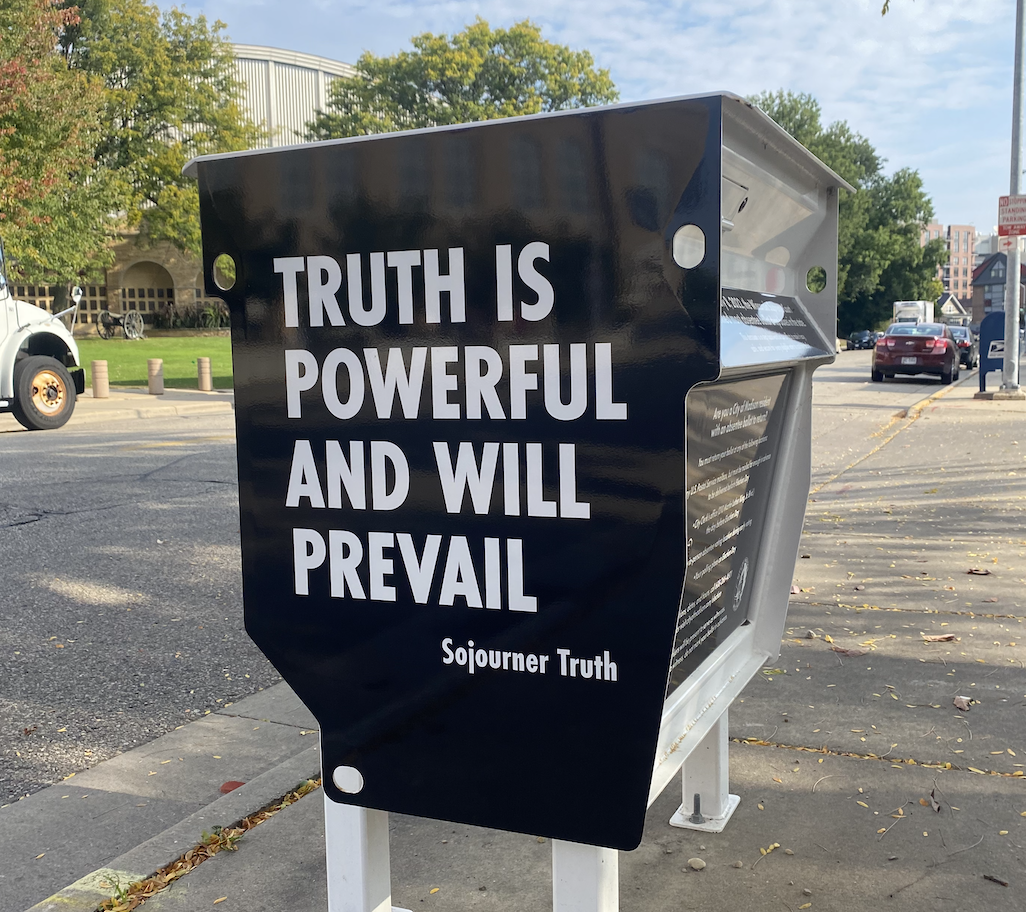Last Wednesday, there were two occasions for students to participate in the larger campus dialogue about two extremely important issues.
One event was a Wisconsin Union Directorate Contemporary Issues Committee event discussing our nation’s methods to address the looming threat of terrorism.
The other was the Associated Students of Madison Student Services Finance Committee holding an open forum regarding the exorbitant budget request of the Multicultural Student Coalition. While both events took place in adjacent rooms in the Memorial Union, they were worlds apart in terms of the open dialogue we should expect at a university dedicated to free expression of ideas and opinions.
At the terrorism discussion, students and community members had a dynamic exchange about conflicting approaches, values and views about our country’s efforts to deal with terrorism. Arguably, there is not an issue more important and potentially divisive at a campus such as UW-Madison with its rich tradition of political activism.
Despite the strong convictions of all participants, the dialogue was generally civil, courteous and respectful. People were not afraid to express their personal viewpoints for fear of name-calling and personal reprisal.
To my dismay, I cannot say the same about the MCSC budget hearing. A UW law student named Joe Moschella attended the hearing to express his firm conviction that the MCSC budget request, while well-intentioned, must be reevaluated and closely scrutinized because a 700 percent increase and $1.3 million dollars is a huge amount of hard-earned student tax money (after all, that is what segregated fees are) to appropriate without taking a closer look.
Additionally, this examination is even more justified since most of this largess would be used to fund brand-new computers, off-campus office space that may not be a necessity and scores of new paid positions.
An important issue the SSFC must also deal with before passing the MCSC’s budget is the question of fundraising, private sources of funding and charitable giving that other organizations engage in. In short, Moschella opposes the current MCSC budget request because he feels it is fiscally irresponsible — an assertion that deserves honest consideration by the SSFC.
Instead of grappling with the obvious issues at stake, students who disagreed opted to direct personal attacks at Moschella to such an extent that he felt unsafe as he left the room. The next day both student newspapers published angry letters to the editor denouncing Moschella’s valid concern as white privilege and called his motivation racist. It is these types of ad hominem and personal attacks and blatant disrespect that has no place in civil and intellectual debate.
It is much easier for people to simply brand someone who they do not know personally, who has a certain skin color and who holds a specific opinion a racist bigot than to address the merits of their arguments.
Rather than maintain a courteous and issues-oriented dialogue, those that disagreed with Moschella clearly degraded and subverted this discourse about an important campus issue.
I challenge all students on campus to stop the name-calling and to stop the vicious cycle of callous personal attacks. This sort of intolerance of student viewpoints expressed by labeling someone a racist just because they disagree with you does not contribute to the intellectual atmosphere we all hope to sustain on campus.







